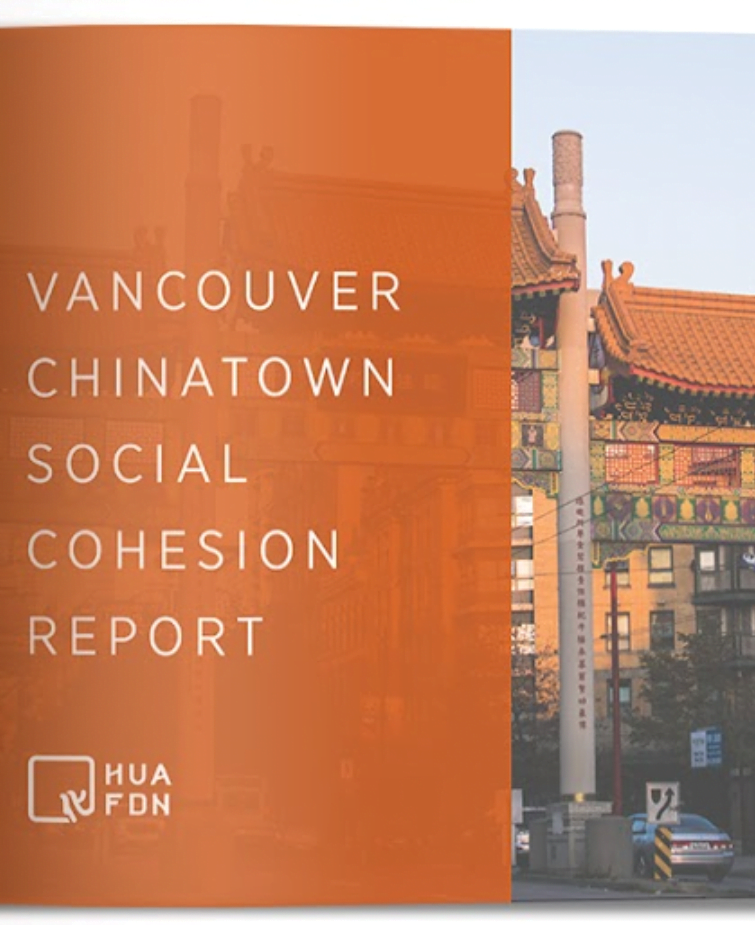26 search results
Addressing parallel systems
Recommendation 1: Identify the needs of different community members to be better able to serve across parallel systems; leaving it solely to the free market will continue to gentrify the area and exacerbate existing cohesion problems.-
Category and theme:
Groups affected:
Addressing parallel systems
Recommendation 2: Encourage greater participation and engagement from all businesses with Chinatown-wide events & festivities.-
Category and theme:
Audience:
Groups affected:
Addressing parallel systems
Recommendation 3: Appoint a business ambassador to support the relationship building process between traditional & non-traditional businesses, and to work directly with businesses on local procurement.-
Category and theme:
Audience:
Groups affected:
Addressing parallel systems
Recommendation 4: Implement cross-cultural marketing that is specific to programs and workshops, and engage across socio economic and cultural lines.-
Category and theme:
Audience:
Groups affected:
Addressing parallel systems
Recommendation 5: Establish cultural knowledge/skills sharing hub that works off of UNESCO’s Intangible Cultural Heritage (2003) Article 14(a), where each State Party shall endeavour, by all appropriate means, to ensure recognition of, respect for, and enhancement of the intangible cultural heritage in society, in particular through:- educational, awareness-raising and information programmes, aimed at the general public, in particular young people;
- specific educational and training programmes within the communities and groups concerned;
- capacity-building activities for the safeguarding of the intangible cultural heritage, in particular management and scientific research; and
- non-formal means of transmitting knowledge.
-
Category and theme:
Audience:
Groups affected:
Addressing parallel systems
Recommendation 6: Improve multilevel accessibility in both traditional and non-traditional businesses, based on the definitions of accessibility provided in Appendix A. One example of language accessibility issues can be found in Appendix B: Other themes – Signage Accessibility.-
Category and theme:
Audience:
Groups affected:
City & regulatory body support
Recommendation 7: Incorporate an Assets-Based Community Development framework into policy.- In particular, recognizing Chinatown’s established social infrastructure and social economy as assets.
- Direct external investments to strengthen and grow from these existing baseline assets.
-
Category and theme:
Audience:
Groups affected:
City & regulatory body support
Recommendation 8: Work with stakeholders (e.g. BIA) on setting measurable goals towards the actions of the Vancouver Chinatown Economic Revitalization Plan after incorporating elements of intangible heritage and asset-based community development framework.-
Category and theme:
Groups affected:
City & regulatory body support
Recommendation 9: Implement policies to reduce speculation & dampen property value inflation or other measures to improve tenureship of lease.-
Category and theme:
Audience:
Groups affected:
City & regulatory body support
Recommendation 10: Support traditional businesses in upgrades to physical infrastructure and technology. For example, credit/debit card machines, and takeout delivery services, or similar programs to past beautification grants.-
Category and theme:
Groups affected:
